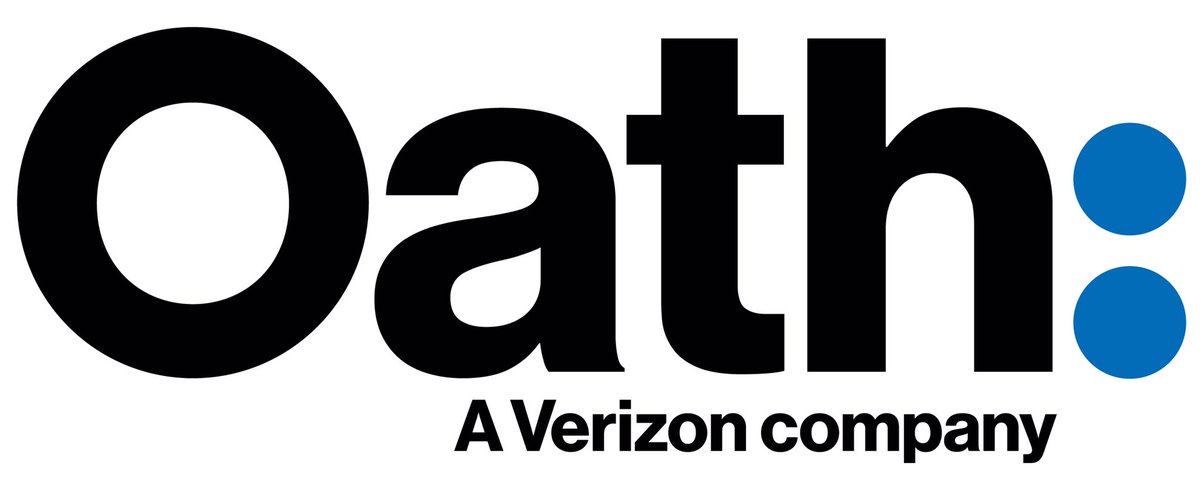News in the email space
Various things happening in the email space recently that are worth mentioning but don’t have enough to justify a whole blog post.
Verizon announced a new umbrella company for the AOL and Yahoo media properties, including things like Engadget, Huffington Post. Based on the various press articles I’ve seen this doesn’t appear to affect the email handling for either set of domains.
Making deliverability people swear since 2017.
Spamhaus recently discovered an anonymous DNSBL that was taking their data and republishing it. They cut the company off and released a statement: Fraudulent DNSBL uncovered. Based on public discussions it appears the DNSBL was using other sources as well. Multiple people complained about a high false positive rate and lack of ability to delist. I don’t know how widely used it was, it’s a list I hadn’t heard of until a few weeks ago. If you’re looking for a filter / blocking list to use, you’re better off finding one that communicates with listees. That tends to mean it’s well run and responsible.
Experian has sold its cross channel marketing division, including Marketing Suite, CheetahMail, and Mail Publisher and some of its strategic marketing services to a venture capital firm. The chairman of the new company is former Exacttarget founder Peter McCormick. Worth watching the new company develop. I’m wondering how this might change Experian’s approach to permission based email. Right now, they have some rather sloppy data acquisition processes and don’t do a great job at sending to the right person. Just this month I got spam from their UK marketing arm targeting me as a university student looking for an apartment and needing to know my credit score. (Yes, I’ve shared the relevant information with the Experian folks. I expect they’ll investigate and tell me some UK college student wanted a free t-shirt and so handed over my email address. This doesn’t excuse Experian for the spam, they should have better data hygiene in place. And I know their in house experts and internal consultants have told them this, repeatedly.)
The FTC settled a claim with a group of Florida marketers for $500,000 related to CAN SPAM violations. These marketers hired affiliates to send mail on their behalf. Some of this mail falsified headers and lacked opt-out links. The final order is worth a read. (Stipulation final order pdf)